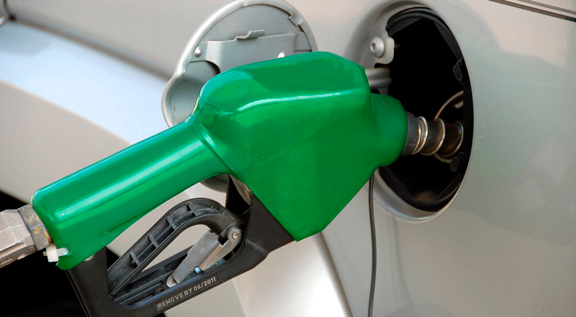
Image: Pixabay
“The decision takes into account the future of investments in the green economy,” said the Sugarcane and Bioenergy Industry Union (Unica) in a statement.
The ethanol industry celebrated the federally established federal tax differential between gasoline and biofuel of R$ 0.45 per liter. The decision came yesterday with the announcement that taxes on gasoline will represent R$ 0.47 per liter and R$ 0.02 for ethanol.
{module Form RD}
“By choosing the path of fiscal, social and environmental responsibility, with the end of fossil fuel subsidies, President Lula's government, led by Minister Haddad, demonstrates its commitment to Brazil, by giving practical application to the environmental discourse, in line with with the strengthening of the low-carbon economy”, said the Sugarcane and Bioenergy Industry Union (Unica) in a statement.
“The decision also takes into account the future of investments in the green economy”, adds the entity.
The federal tax relief ended this Tuesday (28). It had been extended on the first day of Lula's term in office for gasoline and ethanol, in addition to natural gas for vehicles (CNG). The suspension had already occurred under the previous government, since March 2022, and would initially end on December 31 of the same year.
“By reestablishing tax collection, the federal government demonstrates responsibility for reducing the budget deficit and, at the same time, making investments planned for the biofuels sector viable,” said the National Corn Ethanol Union (Unem) in a statement.
According to Maurício Muruci, an analyst at Safras & Mercado, the government's decision on the resumption of federal taxes, with a differential for ethanol, came in addition to Petrobras' announcement of a drop in gasoline prices - which further narrows the gap over ethanol. –, in other words, it represents a partial victory for the sugar-energy sector, with an impact on the decision of the plants in the 2023/24 harvest. “Petrobras should be used as an amortization cushion,” he said.
The decision to change the amounts charged for taxes by the government will become valid through a Provisional Measure, that is, they will be valid for four months. From July onwards, the full value of taxes will return for gasoline R$ 0.69 per liter and ethanol R$ 0.24, in addition to taxes for CNG (Vehicular Natural Gas) and aviation kerosene.
see the note in full from the Sugarcane and Bioenergy Industry Union (Unica):
“By choosing the path of fiscal, social and environmental responsibility, with the end of fossil fuel subsidies, President Lula's government, led by Minister Haddad, demonstrates its commitment to Brazil, by giving practical application to the environmental discourse, in line with with the strengthening of the low-carbon economy.
This movement should even inspire a drop in interest rates, as shown by the first reactions from the financial market. Just with the announcement of the fiscal rebalancing generated by the government, future interest rates already indicated a fall in their curve, which could impact the Central Bank on a trajectory in this direction.
The decision also takes into account the future of investments in the green economy. Minister Haddad was emphatic in valuing Brazilian environmental economic assets, with emphasis on ethanol, as well as respecting the Constitution, which expressly determines the tax differential between biofuels and fossil fuels. The contribution of minister Alexandre Silveira and Carlos Favaro was decisive for this construction.
Brazil presents itself as one of the main models in abundant and safe supply of renewable energy. And, in this specific aspect of fuels, ethanol is a successful national solution, which has even been adopted by several countries.
Ensuring fair tax treatment for biofuels, complying with what the Constitution determines, is key for investments to multiply and for our geopolitical position to be consolidated within the scope of sustainability.
This is precisely what we need in the country at this moment: rationality expressed in the economy, the environment and the social area, reflecting improvements for the population.”
Source: Jhonatas Simião | Notícias Agrícolas












